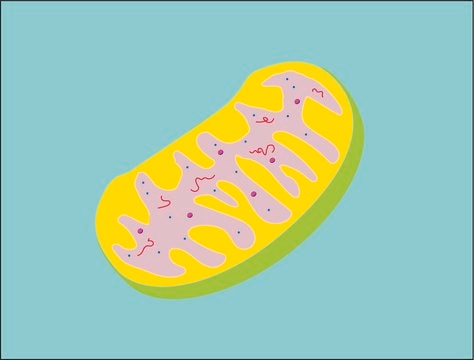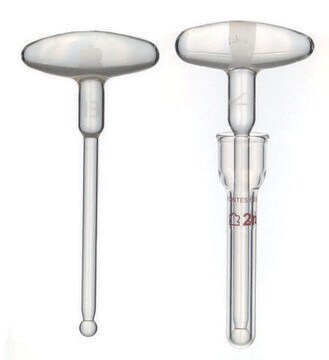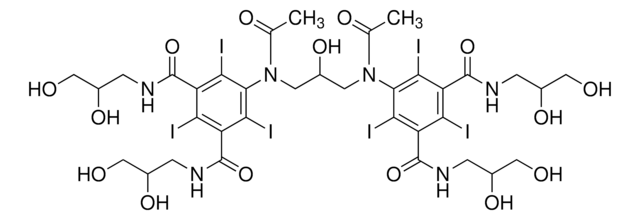MITOISO1
Mitochondria Isolation Kit
sufficient for 10-20 g (animal tissue), sufficient for 50 assays (2 mL), isolation of enriched mitochondrial fraction from animal tissues
About This Item
Recommended Products
Quality Level
usage
sufficient for 10-20 g (animal tissue)
sufficient for 50 assays (2 mL)
shelf life
2 yr
technique(s)
fractionation: suitable
shipped in
dry ice
storage temp.
−20°C
Looking for similar products? Visit Product Comparison Guide
Related Categories
Application
- for the separation of mitochondrial and cytosolic fraction for determining the branched-chain aminotransferase (BCAT) activity
- for the isolation of mitochondria from glomeruli and heart
- for the isolation of mitochondria from injured brain samples for the measurement of mitochondrial transmembrane potential
Features and Benefits
- Specially formulated extraction reagents & proven procedure suitable for small scale isolation - Isolate an enriched, intact mitochodrial fraction in a microfuge tube.
- Produces functionally active, intact mitochondria - Resulting mitochondria are suitable for in vitro assays for apoptosis, oxidative stress or other studies.
- Includes stain & protocol for determining inner membrane integrity - Determine the integrity of the inner mitochondrial membrane without the need to purchase other reagents.
- Compatible with the Cytochrome c Oxidase Assay Kit - Allows easy determination of the integrity of the outer mitochondrial membrane
Kit Components Also Available Separately
- T9201Trypsin from bovine pancreas, powder, ≥7,500 BAEE units/mg solidSDS
related product
Signal Word
Danger
Hazard Statements
Precautionary Statements
Hazard Classifications
Eye Irrit. 2 - Resp. Sens. 1 - Skin Irrit. 2 - STOT SE 3
Target Organs
Respiratory system
Storage Class Code
10 - Combustible liquids
WGK
WGK 3
Certificates of Analysis (COA)
Search for Certificates of Analysis (COA) by entering the products Lot/Batch Number. Lot and Batch Numbers can be found on a product’s label following the words ‘Lot’ or ‘Batch’.
Already Own This Product?
Find documentation for the products that you have recently purchased in the Document Library.
Articles
The isolation of subcellular fractions by centrifugation is a commonly used technique and is widely applicable across multiple cell and tissue types. Because organelles differ in their size, shape, and density, centrifugation can be easily employed to separate and purify organelle fractions from gently homogenized samples.
Cellular apoptosis assays to detect programmed cell death using Annexin V, Caspase and TUNEL DNA fragmentation assays.
Oxidative stress is mediated, in part, by reactive oxygen species produced by multiple cellular processes and controlled by cellular antioxidant mechanisms such as enzymatic scavengers or antioxidant modulators. Free radicals, such as reactive oxygen species, cause cellular damage via cellular.
Our team of scientists has experience in all areas of research including Life Science, Material Science, Chemical Synthesis, Chromatography, Analytical and many others.
Contact Technical Service







